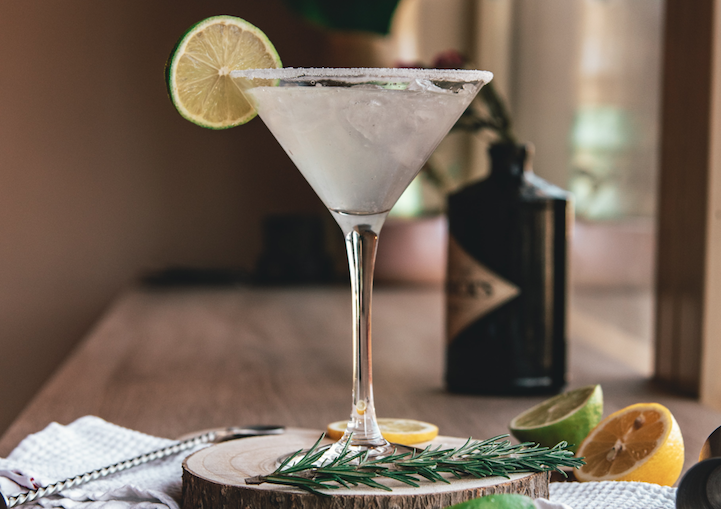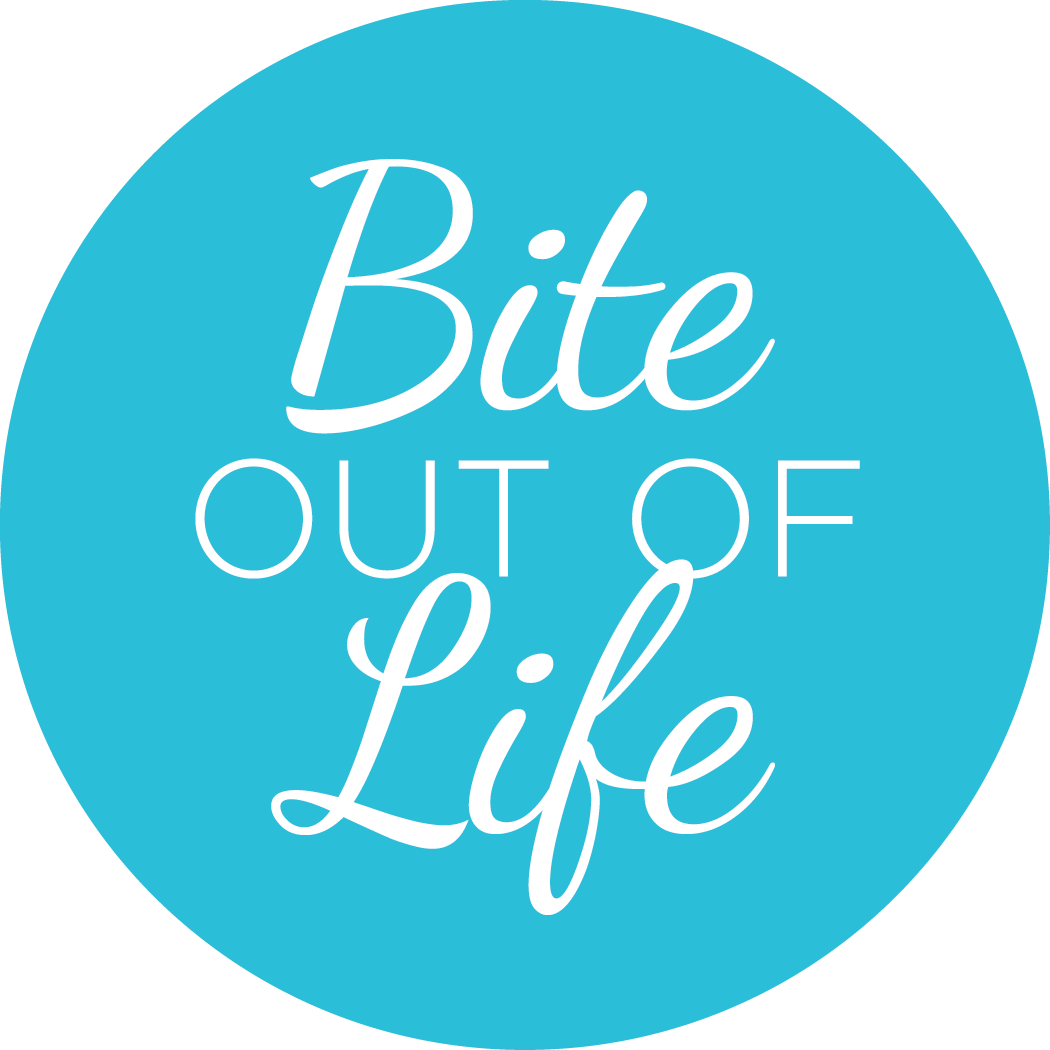
Sales are up. Reported consumption is up. Stress levels are up. Loneliness is up. Boredom is up.
Therefore, are occasions that call for a drink up as well?
All signs point to YEP for the above. And when you add to that – within this pandemic environment there is little delineation between workdays and weekends, schedules that have no ‘regular’ rhythm, and lots more free time on your hands – not surprising there are more Quarantinis being consumed on the daily.
Like, it’s 5 o’clock cocktail hour somewhere, right? Let’s ZOOM!
And Wednesday night feels the same as Saturday night, right?
And then of course there’s those niggling feelings of “ohmygodIcantstandbeingstuckinthehousewiththesepeopleforonemoresecond!”
Sound familiar?
As a holistic nutritionist, I think the number one issue people bring up to me when they are seeking to make some changes in their health revolves around “can I still drink?” My answer might surprise you – I say “Of course you can. But I want you to know the facts and then you can make your choice.”
So given that we are currently enmeshed in a culture of cocktailing 7 days a week, and that the summer of sipping is on the horizon, I thought it might be helpful to look at a few facts and perspectives on alcohol.
But first…….
Addiction is Different
I want to be clear that I am not going to discuss issues of addiction or alcoholism here, except to say that the Centre for Mental Health and Addiction (CAMH) defines addiction as the presence of the 4 C’s: Cravings, loss of Control on the amount or frequency of drinking, Compulsion to use, and using despite the Consequences.
If this resonates with you, I urge you to reach out for help. There is lots of support out there, including AA and all their family support programs. Meetings are continuing online even during this time of social distancing. I’ve observed very effective recovery strategies and the support offered for many family and friends through AA but if it isn’t your cup of tea, there are lots of other places to find the help and treatment needed. There is no one-size-fits-all when it comes to recovery. The important thing is don’t give up. And know this is a disease, not a character flaw.
Alcohol does whaaaaat????
So here goes. Just a few things to think about when it comes to Happy Hour and the impact of a Quarantini (or two).
Impact on your weight
It’s more than the calories in a cocktail you need to consider. Alcohol changes the way the body metabolizes fat. And it also ‘chooses’ alcohol as a first fuel, meaning that it burns the alcohol first, leaving any additional calories consumed to be stored as excess fat (since it’s unlikely you are both drinking and exercising to use those calories up, right?).
So if you are trying to lose weight or even to maintain your weight, it’s definitely not as simple as counting the calories in your glass of wine or Quarantini as part of your daily totals. Scrimping on eating real nourishing food just so you can have room in your calorie or points or carb counts to have cocktails will not serve you nutritionally (because c’mon – there’s no nutritional value in alcohol) and will just leave your body looking for more energy (calories) to sustain it.
Lowers your inhibitions
You know the old saying: the road to hell is paved with good intentions? That’s what happens when we are trying to make better choices for our lives and then we have a couple of drinks and bingo! Alcohol lowers our inhibitions by disrupting the decision-making part of our brain, the pre-frontal cortex. So you often act first, and think (or guilt) later. This is why we end up snarfing an entire bag of salty snacks or plate of cheese and crackers while sipping cocktails. Your impulse control is reduced.
Reduces how we process info
When we drink, we don’t know when we are satisfied or full. When we see, taste, smell something, our brain first kicks off a signal to react and that starts a whole series of hormonal responses to trigger us to eat or to stop eating. But if our sensory responses are dulled from alcohol, we don’t get a clear prompt so we may end up eating when we are not hungry. And eating more of the highly sensory-stimulating foods (sugars and refined carbohydrates for example) because your senses are dulled to the point where you need more stimulation to feel satisfied.
Messes up your sleep patterns
Yes, having a nightcap may relax you enough to get to sleep, but it’s going to inhibit your ability to stay asleep and to get a refreshing sleep. Drinking alcohol in the evening activates the alpha brain waves which should not be happening while you are trying to rest. It also depresses the delta waves. Those are the ones that provide the deep sleep that allows for memory formation, learning and clarity. REM sleep, thought to be the most restorative, is also disrupted by alcohol. So if you are struggling with sleep already – alcohol is not the solution and may in fact be inhibiting your capacity to change and improve your sleep patterns. Depending on what your choice of drink is, you may also be forcing a surge of insulin so your blood sugar balance will be out of whack.
Can strip you of important nutrients
Alcohol interferes with digestion in a variety of ways. It decreases the secretion of digestive enzymes from your pancreas. It impairs nutrient absorption by damaging the lining of the stomach and intestines. Vitamins A, C, D,E and K are all affected and, the B vitamins which help with stress management are particularly impacted. Slow wound healing, softening of the bones, and neuro/brainhealth are all outcomes of nutrient deficiencies linked to alcohol consumption.
Key minerals like zinc, magnesium, iron and calcium are also impacted by alcohol. And just adding in supplements is not going to help – remember, it’s because your body is struggling to uptake these minerals that is at the root of the issue, not necessarily the amount you are taking in. Although an assessment of your diet by a nutritionist could be a good place to start.
Negatively shifts your moods
While all body systems can be affected by alcohol, the central nervous system (CNS) is probably impacted the most. Alcohol can cross the blood-brain barrier which means that unlike some other toxins, it can reach the neurons directly. Once this happens, changes in behaviour can also materialize.
Turning to alcohol to relax during these stressful times when we might feel like we are riding the Corona-coaster of uncertainty and anxiety may seem like a solution but it actually might exacerbate emotional reactions and mood swings. While you might be having a drink in order to modulate your emotions, what is actually happening is that you may be stimulating them. Emerging research shows that sensitivity is heightened and the inability to ‘read’ the emotions of others accurately is diminished. Both of these things can result in feelings of greater anger, despair, apprehension, and isolation. None of which are helpful when we’re already feeling increased fear, insecurity and loneliness.
Just so you know….
I am not saying you can never enjoy a glass of wine or a cocktail on occasion ever again. Just understand what is driving your choice. And it is a choice. So choose wisely. Full disclosure: I do drink alcohol – but I am very conscious of the WHY behind the choice from occasion to occasion.
What’s The ‘Best’ Choice For Imbibing? (I’m Asked This ALL The Time!)
Here are my guidelines if you choose to drink alcohol:
1. Know what a portion really looks like. Measure the 1.5 ounce of hard spirits, the 5 ounces of wine, the 12 ounces of beer. You may be surprised that the eyeballing you’ve been doing for ‘one’ drink is actually more like 2 (or 3).
2. Keeping carbohydrates – especially sugar- low will help to manage blood sugar fluctuations, insulin resistance, inflammation and calorie intake. So ditch the sugary coolers and the mixed drinks with pop, juice, liqueurs. Did you know tonic water has as much sugar as pop? As does juice? That includes Clamato for those of you who are Caesar lovers. And don’t think that artificially sweetened mixes are the answer. Those non-nutritive sweeteners are pure chemical toxicity. And their components cross the blood-brain barrier so you don’t want or need that. There are a lot of new unsweetened coolers on the market now – like vodka/gin and soda with natural fruit essence. Or go with spirits on the rocks. Or a martini. As for wine, beer and cider – a glass of wine has anywhere from 3-5g of carbs per serving, beer from 5g (for a light lager) to 16g (for stout), and cider is up in the 23 -27g range.
3. Cross-hydrate. For every alcoholic drink, have 2 glasses of water. Alcohol is dehydrating for sure but the purpose of this is really to slow down and to be mindful of how much you are drinking. After the first drink, when your inhibitions are lowered, sipping and savouring often slips into something more like gulping and re-filling without thinking.
4. Try mocktails. If drinking is a social thing, having a glass in hand or marking the end of a work day with a non-alcoholic ritual might be just as satisfying for you. The list is endless: sparkling water with fruit infusions, agua fresca (the recipe is at the bottom of this post), kombucha, a virgin Bloody Mary (tomato juice has lots less sugar than clamato), or a non-alcoholic distilled spirit like this one. Delish and very cocktail-ish!
So…. enjoy if you wish. But know what’s up.
Sláinte! Prost! Cin cin! Na zdrowie! Skál! Cheers!
